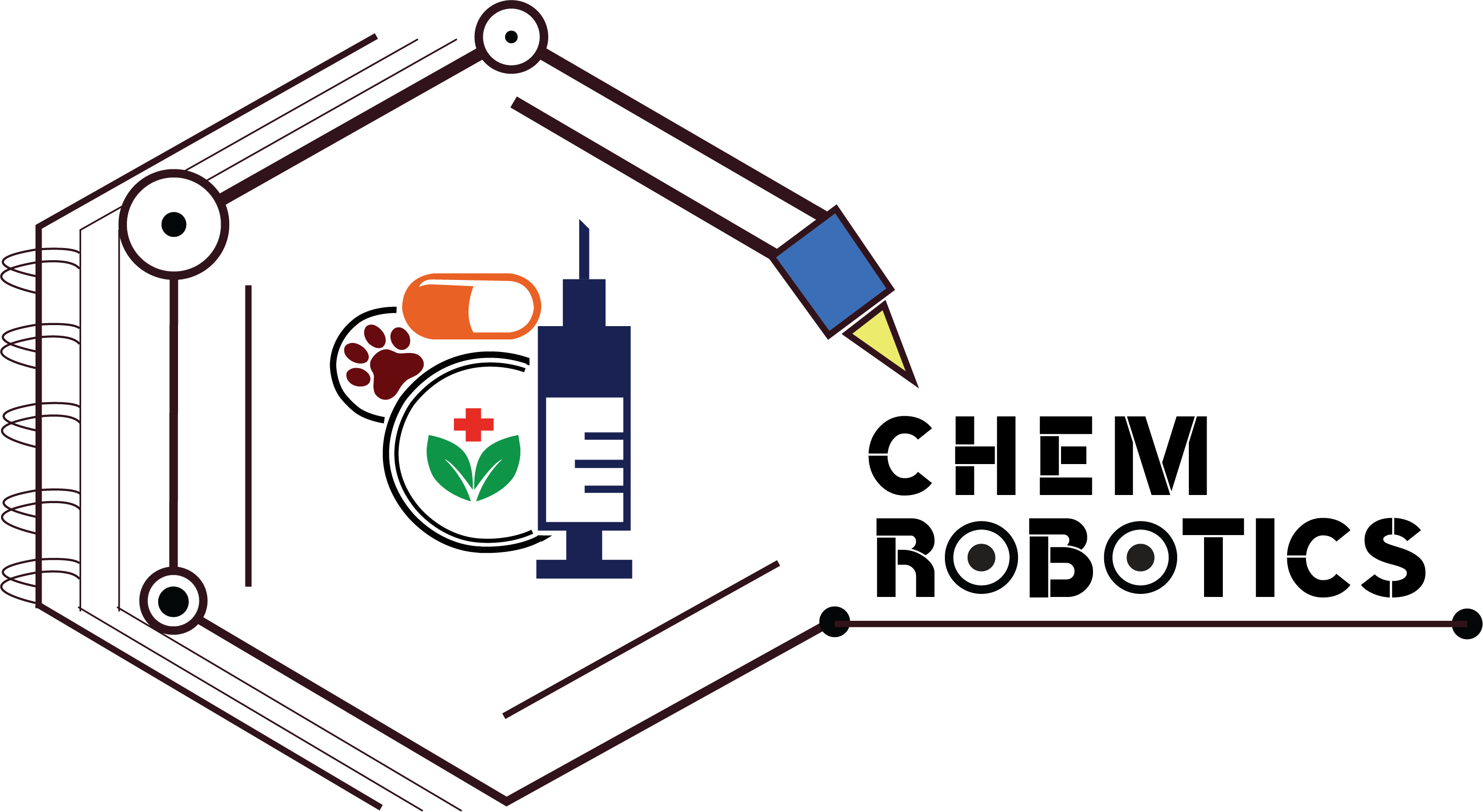Keypoints
- Russell lab wins grant to develop new tuberculosis drugs.
- Russell lab received funding to improve the efficacy of medicines against one of the world’s most dangerous infectious diseases.
- the William Kaplan Professor of Infection Biology in the Department of Microbiology and Immunology awarded a $2 million grant over four years
- Tuberculosis is still one of the deadliest infectious diseases in the world today.

A faculty member at the College of Veterinary Medicine has received funding to improve the efficacy of medicines against one of the world’s most dangerous infectious diseases.
David Russell, the William Kaplan Professor of Infection Biology in the Department of Microbiology and Immunology, has been awarded a $2 million grant over four years from the Mueller Health Foundation (MHF) to efficiently develop novel treatment regimens for tuberculosis.
The grant comes on the heels of Russell’s paper published July 22 in the Journal of Experimental Medicine, which established a new method to analyze how individual immune cells react differently to the bacteria that cause tuberculosis (Mtb).
“The translational nature of Russell’s work makes it a natural fit for the Mueller Health Foundation, an organization that supports solutions to find cures for debilitating infectious diseases across the globe, particularly drug-resistant tuberculosis,” said Mueller. “We at the MHF believe that the succinct integration of host immune responses into traditional antimicrobial research offers a potentially paradigm-shifting opportunity to identify and develop urgently needed, novel, more effective, accessible, and affordable treatment regimens with significantly improved tolerability for all forms of tuberculosis.”
“We’re excited that the foundation sees value in this work,” said Russell. “With their support, we’re going to be able to drive our findings even closer toward potential life-saving therapies.”
Who is Dr. Russell?
Dr. Russell assumed his position as Professor and Chair of the Department of Microbiology and Immunology in July 2000. He stepped down from his Chair’s position in 2010 and now concentrates on his research work. His previous experience was as a professor in the Department of Molecular Microbiology at Washington University School of Medicine, in St. Louis, where he had worked since 1990. He received a B.Sc. degree in Zoology from St. Andrews University in Scotland in 1979 and was awarded a Ph.D. from Imperial College, London University in 1982. He has held positions at the University of Kent, the Max-Planck Institute in Tuebingen, and NYU School of Medicine prior to moving to St. Louis. His research program continues to be supported by funding from the National Institutes of Health for research into the biology of Mycobacterium and the role of the macrophage in infection.
Research interest of Dr. Russell’s labs.
Dr. Russell’s laboratory’s research focuses on the interplay between the macrophage and the intracellular pathogens Mycobacterium tuberculosis (Mtb) and Human Immunodeficiency Virus (HIV).
Tuberculosis: The success of Mtb as a pathogen depends on the ability of the bacterium to survive and persist within the host macrophage. We are actively engaged in studying the behavior of both partners in this intimate relationship. We have developed real-time fluorescent readouts of bacterial fitness and replication and have been exploiting these to identify those host cells most able to limit bacterial growth, and those host cells most permissive for bacterial growth. We have used these reporter strains to probe experimental murine infections to functionally define the host phagocyte subsets present in the infected lung tissue. These data are used to inform ongoing collaborations looking at cells and tissue from human tuberculosis patients at the Malawi-Liverpool-Wellcome Clinical Research Program in Blantyre, Malawi, and the African Health Research Institute, Durban South Africa.
In addition, we have developed an array of fluorescence-based phenotypic screens for drug discovery. We have a high-throughput screening platform in our BSL3 lab that enables us to interrogate extensive compound libraries against intracellular Mtb. We have already performed extensive screening and have identified novel bacterial targets and candidate lead compounds active against this bacterium. This work is conducted in collaboration with the California Institute for Biomedical Research (Calibr), San Diego.
HIV: In addition to infecting CD4 lymphocytes, HIV also infects macrophages, where it sets up a chronic, long-lived infection capable of generating infectious virus. The lab is studying how human alveolar macrophages respond to HIV and how HIV infection of the macrophage directly influences the ability of the body to control other infections, such as tuberculosis. These human studies are pursued through a collaboration with the Malawi-Liverpool-Wellcome Trust Research Laboratories, Blantyre, Malawi.
The research is supported by grants from the NIAID Institute of the National Institutes of Health, DARPA, and by the Bill and Melinda Gates Foundation.
Tuberculosis crisis
Tuberculosis (TB) may often be a disease of the past in some areas, it is still one of the deadliest infectious diseases in the world today. According to the World Health Organization, in 2019 alone 1.4 million died from tuberculosis and currently 1.8 billion people around the world have been infected with TB. In the United States, as many as 13 million people have asymptomatic latent tuberculosis.
“Alarmingly, due to misuse of antibiotics, strains of tuberculosis have developed that are partially or already completely resistant to currently available treatment options,” said Dr. Peter Mueller, president of MHF. “Drug-resistant TB cases are on the rise, even in developed nations like the U.S. and call for new treatment modalities.”
The Grant will enable the lab to:
The grant will enable Russell and his team to chart how different drugs affect tuberculosis-causing bacteria as well as help different populations of host immune cells fight off the infection.
“We hope that performing this analysis with known frontline drugs, as well as novel compounds under development, will enable us to create a drug action database,” said Russell. “That database could then allow rational drug regimens to be designed by computer simulation prior to the more arduous task of in vivo testing and clinical trials.
“We know that anti-tuberculosis drugs are less active in vivo, and that the bacterial heterogeneity is a major driver of differential drug susceptibility and tolerance,” Russell said.
His approach tackles that issue head-on: First, they infect mice with fluorescent Mtb, which glow to indicate their fitness levels. These mice are then treated with known drugs, and their immune cells are analyzed using a single-cell profiling to determine the relative sensitivity of the intracellular bacterial populations to those drugs.
The Goal
“The goal is to identify drug combinations that more effectively provide coverage across the heterogeneous bacterial population,” said Russell. “We are starting with known drugs, but we want to move this forward to include our new metabolic inhibitor compounds that we believe target specific bacterial populations.”
What is the plan now?
In the first two years of the grant, Russell’s team plans to test four front-line tuberculosis drugs, and several new emergent drugs. “We anticipate that these data will reveal which Mtb populations are most susceptible, and which show the greatest insensitivity to established drugs,” said Russell. “It will also provide information as to the relative kinetics of clearance of the bacterial populations in an in vivo infection.” In parallel, the team will also investigate new compounds using this approach.
After Russell’s team has established the efficacy of each drug against the different bacterial subpopulations in vivo, they will then identify compounds that in combination have the potential to provide improved coverage across the entire Mtb bacterial population with their varying defenses and susceptibilities.
“Along with these experiments, we will also investigate epigenetic inhibitor molecules that may help boost immune cells’ abilities to control infection, or to modulate the host cell environment and increase drug susceptibility of the bacteria. We are screening a small library of 720 different epigenetic inhibitors to determine whether immune cell physiology/metabolism may be modified to enhance the activity of anti-tuberculosis drugs,” said Russell.
In the final stage of the grant, Russell plans to design defined drug/drug combinations that provide improved efficacy in fighting Mtb in mouse models. If these experiments go well, the team would examine the drug regimens in human immune cells gathered from human tuberculosis patients, which would pave the way to development of human therapeutics.
“It’s very exciting to be able to tackle this disease from every angle,” said Russell. “Thanks to the Mueller Health Foundation, we are able to move forward with a strategy we believe will generate real solutions for patients in the not-so-distant future through the optimization of combinatorial treatment with ready approved drugs.”
For more Information: Sign-in Websites for Agrochemical & Pharmaceutical Databases:
Website: https://www.chemrobotics.com/ (Agrochemical Databases)
Website: https://chemroboticspharma.com/ (Pharmaceutical Databases)


